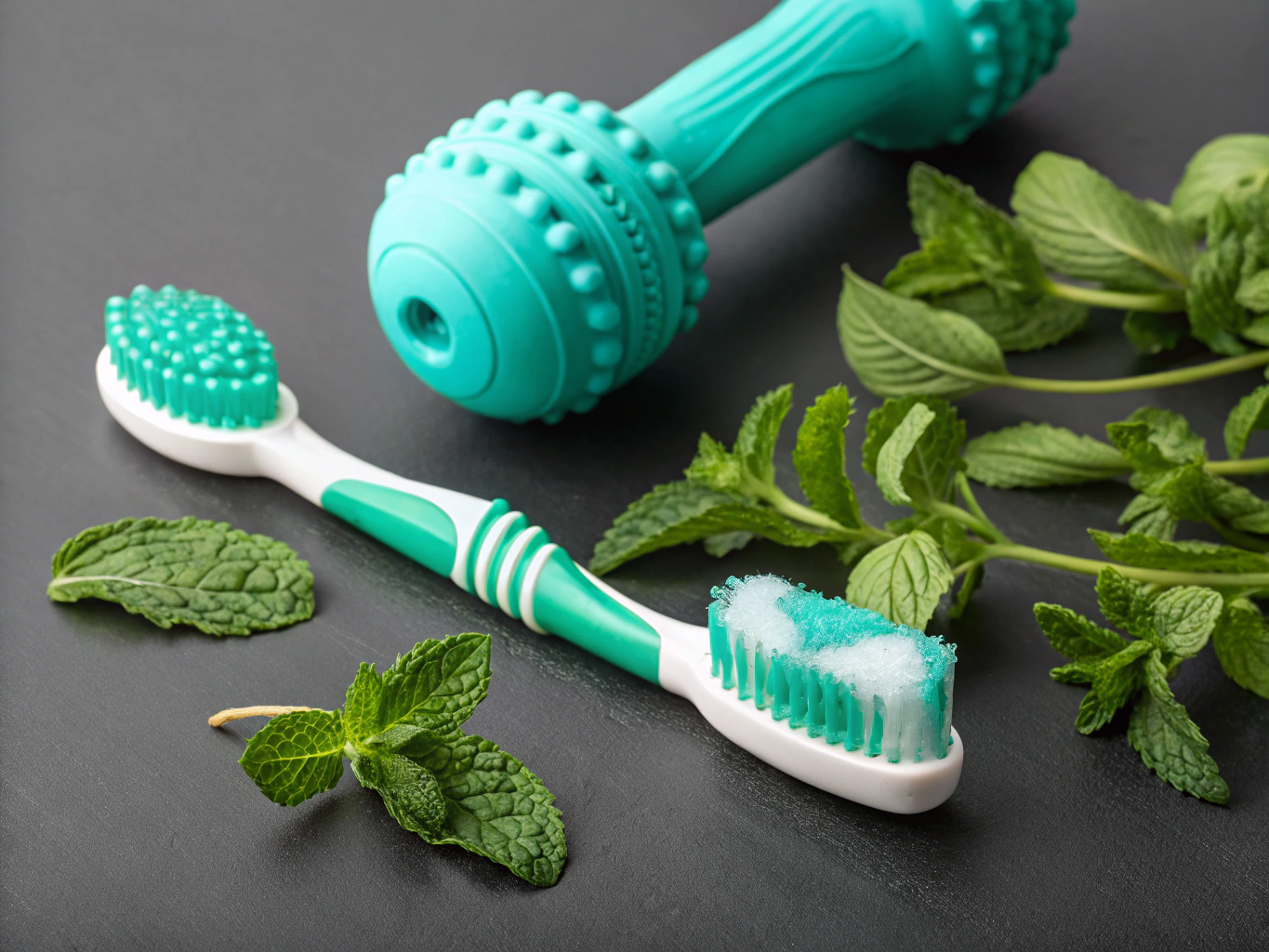Chewing Through the Myths: How Dog Dental Chews Transform Pet Care
Let’s start with a simple truth—dogs love to chew. It’s instinctual, primal, and frankly, kinda adorable. But what if that natural urge could be harnessed not just for entertainment, but to improve their health? That’s where dog dental chews step in as a game-changer. They’re not just treats; they’re tools that can make a real impact on your dog’s well-being, and by extension, your peace of mind.
More Than Just a Treat: The Hidden Power of Dental Chews
Transforming Oral Hygiene
Think of dental chews as the Swiss Army knives of pet care. They do more than just taste good—they actively work to reduce plaque and tartar buildup, which if left unchecked, can lead to serious dental issues and even systemic health problems. Unlike brushing, which many pet owners find to be a chore, these chews are integrated into a dog’s daily routine with minimal fuss. The best part? They turn a mundane moment into a health-boosting ritual, making oral hygiene less of a battle and more of a bonding experience.Addressing Behavioral and Health Benefits
Chewing is a natural outlet for dogs’ energy and stress. When provided with the right chew, they’re less likely to gnaw on furniture or shoes—saving your favorite sofa from becoming a chew toy. Moreover, consistent use of dental chews can lead to fresher breath and healthier gums, which isn’t just about aesthetics. This can prevent more serious issues down the line, including periodontal disease that can influence organs like the heart and kidneys.The Science Behind the Chew
Many pet owners don’t realize that the act of chewing itself helps to mechanically scrub away plaque. Certain formulations of dental chews are designed with textures that promote this cleaning action, much like a toothbrush in disguise. Some incorporate ingredients like enzymes or antimicrobial agents that actively combat bacteria responsible for bad breath and decay. The idea isn’t just to mask odors but to target the root cause—bacteria and plaque—at the source.Choosing the Right Chew
Not all chews are created equal. When selecting a product, consider factors like size, texture, and ingredients. Larger dogs need tougher chews that can withstand aggressive gnawing, while smaller breeds require softer options to prevent choking. Look for products that are vet-approved or carry the VOHC (Veterinary Oral Health Council) seal to ensure they meet standards for oral health benefits. Remember, a good dental chew is an investment in your dog’s health, not just a snack.Integrating Dental Chews Into Your Routine
The key to unlocking their full potential is consistency. Incorporate dental chews into your dog’s daily schedule—perhaps after meals or during playtime. Just like any health habit, the more regular it is, the more effective it becomes. Pairing chews with regular vet check-ups will help you gauge their impact and adjust as needed.Actionable Recommendations
- Start with vet-approved dental chews suited to your dog’s size and chewing strength.
- Make them part of your daily routine—consistency is key.
- Monitor your dog’s response—look out for any signs of choking or digestive upset.
- Complement dental chews with regular brushing and professional cleanings.
- Stay informed about new formulations or innovations in pet oral health to keep your approach fresh and effective.
Before jumping into any new routine, chat with your veterinarian. They can help you pick the best product and ensure it complements your dog’s unique health profile. The right dental care isn’t just about fresh breath; it’s a cornerstone of your dog’s overall health—sometimes, it’s the small, consistent acts that turn into the biggest health benefits.
Checkout ProductScope AI’s Studio (and get 200 free studio credits)

